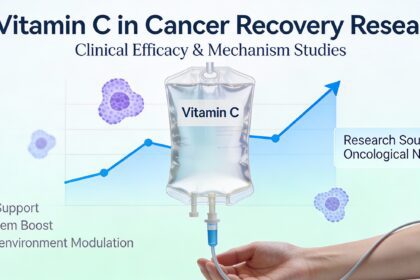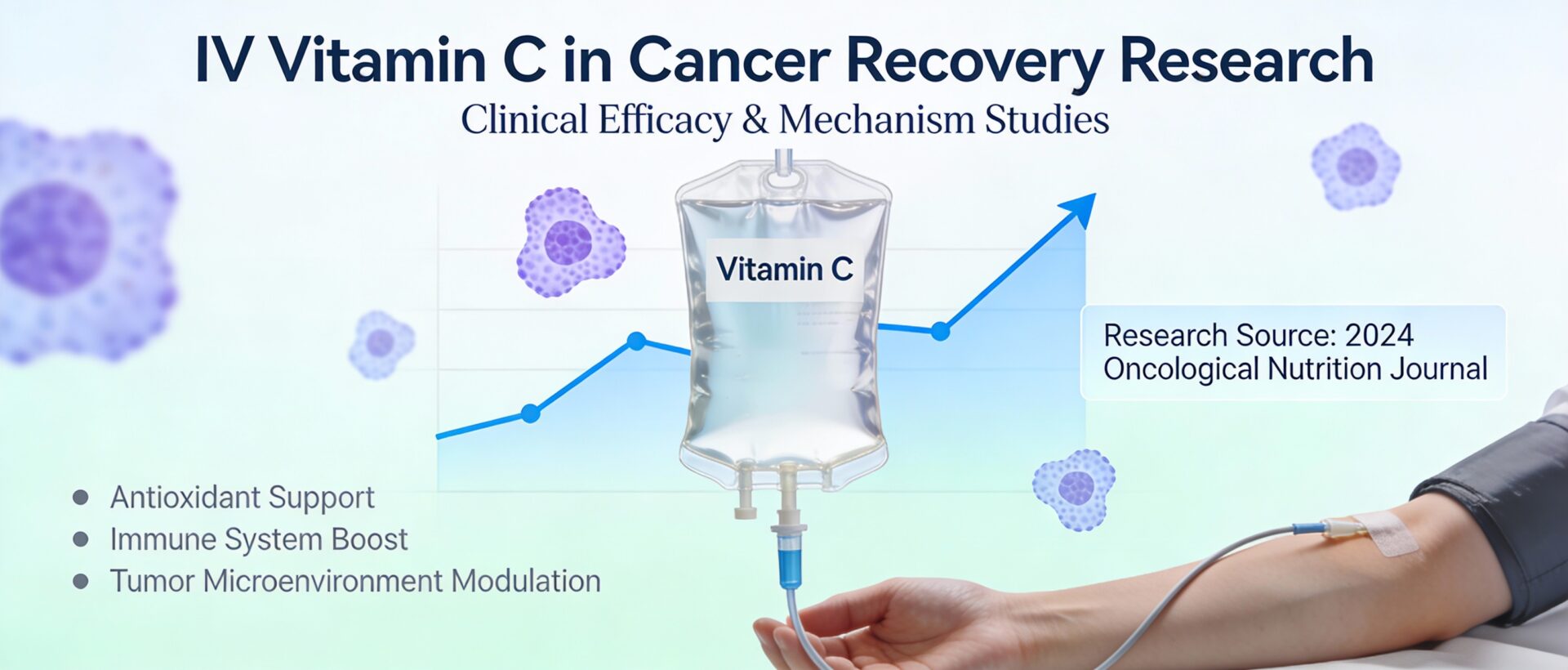If you look through the TRT forums throughout the internet, you may notice a common question that comes up. That question is whether or not TRT can make you hungrier.
Many people within these forums say their hunger is unbearable and that they find themselves being hungry an hour or so after eating a big meal.
If you find yourself feeling like these people after starting TRT, it’s important to understand the potential connection between Testosterone Replacement Therapy (TRT) and changes in appetite.
In this article we’ll dive into why you may be feeling more hungry and how you should approach it.
Quick Article Tips
| Tip Category | Summarized Tips for Managing High Appetite on TRT |
| Hydration | Drink plenty of water to feel fuller and reduce food intake. |
| Protein Intake | Include high-protein foods to increase satiety and support muscle growth. |
| Fiber-Rich Foods | Eat foods high in fiber like fruits, vegetables, and whole grains to stay full longer. |
| Meal Frequency | Have smaller, more frequent meals to manage hunger and maintain energy levels. |
| Healthy Fats | Incorporate healthy fats (e.g., avocados, nuts) for prolonged satiety. |
| Mindful Eating | Practice mindful eating to recognize true hunger cues and avoid overeating. |
| Regular Exercise | Engage in regular exercise, which can help regulate appetite and improve mood. |
| Avoid Sugary Foods | Limit intake of sugary and processed foods that can cause hunger spikes. |
| Balanced Snacking | Choose healthy snacks like yogurt, nuts, or fruit to curb hunger between meals. |
| Portion Control | Be mindful of portion sizes to prevent overeating, even with healthy foods. |
Will TRT Make You Hungrier?
The answer to this question is yes. When you are on Testosterone replacement therapy, your body gets better at creating muscle and losing fat.
The more muscle your body builds, the faster your body burns energy. This is considered having a “higher metabolic rate”.
So, simply because of the fact that your body is working harder, you may start to feel extremely hungry, especially after starting TRT.
If you’re feeling this way, there are some things you could do in order to cope with this increased appetite. In the next section we will go over what those things are.
Drink Plenty Of Water
When you drink plenty of water, it can help you manage your appetite and cravings by making you feel fuller. So before you have any meals, make sure to down a good amount of water in order to reduce the amount of food you eat.
Maintain a Balanced Diet
TRT only does part of the work, you also need to make sure your diet is on point as well. Here’s why.
It Supports The Body Composition Changes
As we’ve already mentioned TRT leads to increased muscle mass and loss of fat. It’s important to consume a diet filled with high protein, complex carbs, healthy fats, and whole grains to support your new found muscle mass. The protein aspect is very important due to the fact that protein supports muscle mass.
It Regulates Your Energy Levels
On TRT, it’s likely that your body may require more energy. A balanced diet ensures a steady supply of energy from various sources. Eating processed foods high in sugar and unhealthy fats can lead to energy spikes followed by crashes, which can be especially problematic when on TRT.
Manages Increased Appetite
A balanced diet makes you feel more full.. This is because foods that are high in protein and fiber are generally more satiating. Protein is actually the most filling macronutrient, so having a diet high in protein not only supports your new found muscle mass but could also help in controlling your hunger levels. Foods rich in fiber, like fruits, vegetables, and whole grains, also play a crucial role.
Maintains Overall Health
You shouldn’t just eat a balanced diet because you’re on TRT, you should have a balanced diet to also improve your overall health. Maintaining a balanced diet that is rich in various macronutrients could also help with heart health, bone health, and more. Due to the fact that TRT could have some effects on cardiovascular health it’s important to focus on foods that support heart health. This includes consuming plenty of fruits and vegetables, whole grains, lean proteins, and healthy fats, particularly those rich in omega-3 fatty acids like fish, nuts, and seeds.
Enhances The Effectiveness of Your Testosterone Replacement Therapy
When you put foods in your body, they could either be good or bad when it comes to your test levels. Having a balanced diet that includes nutrients like Vitamin D, Omega-3 fatty acids, and more could enhance the effects of TRT.
Reduces Side Effects
A good diet could be the difference between having a good experience and a challenging one while on Testosterone Replacement Therapy (TRT). Eating the right foods can help reduce some of the potential side effects associated with TRT. For instance, a diet that is low in saturated fats and high in fiber can help you manage cholesterol levels, which TRT can sometimes elevate.
Mental Health
TRT is known for sometimes causing anxiety and/or mood swings. A balanced diet could help reduce the risk of these things. It’s important to:
- Eat plenty of fruits and vegetables as they could help regulate blood sugar levels and prevent mood swings.
- Consume omega-3 fatty acids which are linked to reducing the symptoms of depression.
- Eat foods rich in vitamin B which is good for the production of neurotransmitters like serotonin and dopamine that contribute to mood regulation.
- Stay away from processed foods as they could cause blood sugar fluctuations and lead to mood swings.
- Avoid sugary foods & drinks as they could make you crash.
Eat Regular Meals
When people go a long time without eating, they tend to not only overeat, but they also usually don’t make the best eating choices. This will be elevated on TRT. With that being said it’s very important to eat meals more regularly. Try and stick to three regular meals per day to keep your hunger in check.
Opt For Healthy Snacks If You Get Hungry Between Meals
If you feel hungry in between meals, it’s important to have healthy snacks as well. This could be:
- A handful of nuts/cashews
- Greek yogurt
- Carrots with hummus
- A fruit smoothie
- An apple
- A protein bar
Exercise On a Regular Basis
You need to make sure you exercise on a regular basis. One interesting study has revealed that engaging in physical activities, such as running or strength training, can actually help suppress appetite. This effect is because of the release of certain hormones during exercise that are known to reduce hunger sensations. On top of that, the study highlights that exercise provides a significant boost to mood and self-esteem post-workout. This positive shift in mental state can be a powerful motivator, encouraging individuals to make healthier eating choices and resist the urge to overeat
Avoid Foods & Things That Could Possibly Lower Your Test Levels
From the foods we eat to environmental factors, there are many things you should stay away from. Let’s go over what they are.
- Foods High in Soy (they produce estrogen, which can lower testosterone levels)
- Processed Foods and Foods High in Sugar (can lead to insulin resistance and hormonal imbalances)
- Alcohol (excessive consumption reduces testosterone production)
- Trans Fats (found in some fried and processed foods, can lower testosterone)
- Certain Dairy Products (may contain synthetic hormones affecting testosterone)
- Flaxseed (contains lignans with estrogenic effects)
- Licorice Root (known to decrease testosterone levels)
- Mint (spearmint and peppermint can lower testosterone levels)
- Environmental Toxins (exposure to chemicals like BPA and parabens disrupts hormonal balance)
Mastering Your TRT Journey: Diet and Appetite Management
To wrap things up, it is common for people on testosterone replacement therapy (TRT) to experience increased hunger and appetite. This is largely due to the muscle-building and metabolic effects of additional testosterone in the body.
To manage the heightened hunger levels, it is important to drink plenty of water, maintain a balanced diet, and ensure adequate protein intake. Eating a diet rich in protein, healthy fats, complex carbs, fruits, vegetables, and fiber can help support the body composition changes from TRT. It also enhances energy levels, regulates appetite, reduces potential side effects, and supports overall health.
Additionally, mental health considerations like mood stability may be aided by sufficient B vitamins, omega-3s, blood sugar regulation, and avoidance of heavily processed foods.
In the end, a multifaceted dietary approach can go a long way toward making TRT more comfortable and effective. Paying attention to nutrition allows the body to thrive through the metabolic shifts that accompany this therapy. By taking a proactive stance on diet, many of the hunger challenges can be offset.
























